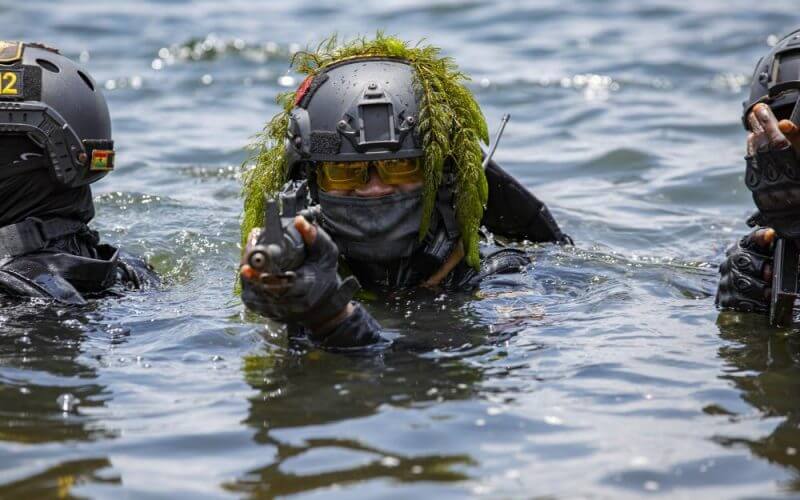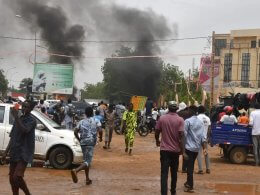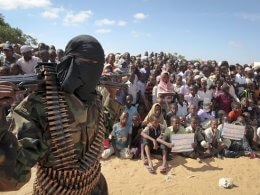Counter-terrorism experts said Tuesday that Africa is now the world’s terrorism hot spot, with half of the victims killed last year in sub-Saharan Africa, though al-Qaida and Islamic State affiliates remain widespread, persistent and active elsewhere around the globe.
Interpol, the international criminal police agency, also reported during a panel discussion at the U.N. that terrorism linked to extreme right-wing ideology increased an estimated 50-fold over the past decade, particularly in Europe, North America and parts of the Asia-Pacific.
The experts see other trends: Deteriorating global security is making the terrorism threat “more complex and decentralized.” Extremists are increasingly using sophisticated technology, and drones and artificial intelligence have opened new ways to plan and carry out attacks.
The United Nations this week is hosting its third high-level conference of heads of counter-terrorism agencies. Tuesday’s panel on assessing current and emerging terrorist trends and threats brought together experts from the U.N., Interpol, Russia, the United States and Qatar, and Google’s senior manager for strategic intelligence.
The overall theme for the week is addressing terrorism through reinvigorated international cooperation. U.N. Secretary-General Antonio Guterres said during Monday’s opening session the key is to unite not only in foiling attacks but also critically to focus on preventing terrorism by tackling poverty, discrimination, poor infrastructure, gross human rights violations and other underlying drivers.
Related Story: Dozens of al-Shabaab Terrorists in Somalia Killed in Strike, U.S. Military Says









